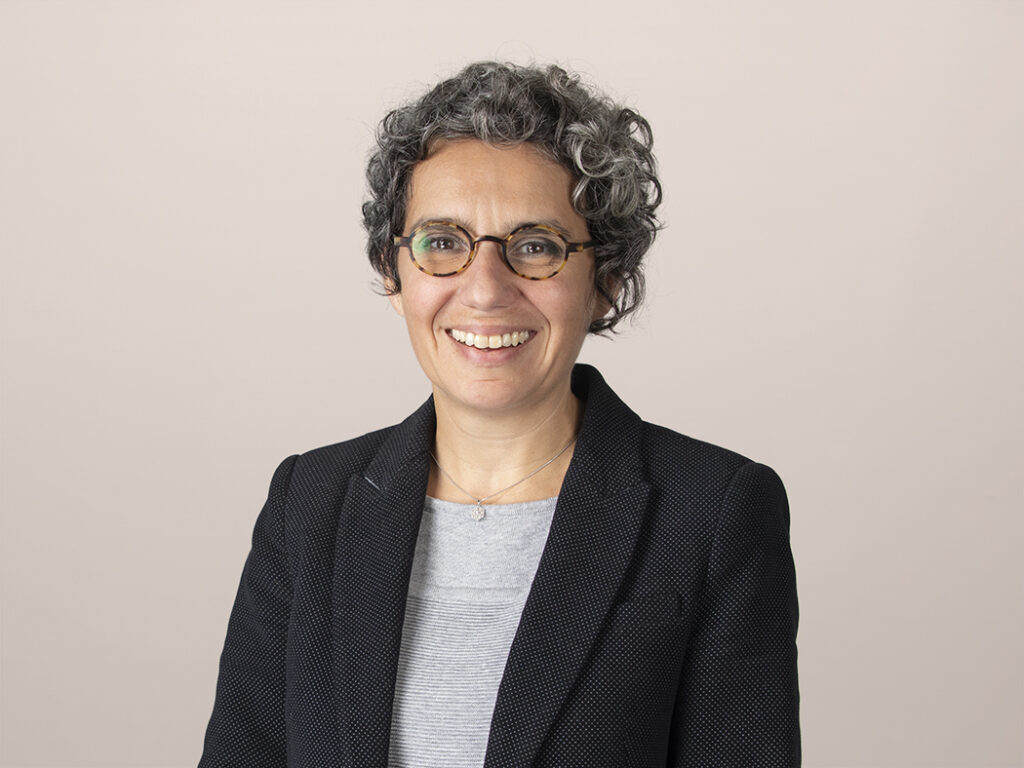Great Solutions Compete For The Best Mobile Innovation For Accessibility And Inclusion Award
I have been part of the Global Mobile Awards (GLOMO) jury for several years and have each year discovered inspirational competitors. This year, I judged one of the Tech4Good categories, and I found it particularly difficult to come to a final ranking. The three finalists illustrate perfectly how technology can be a powerful driver for inclusion, drastically changing people’s lives.
A Web Browser Extension Enables Autistic People To Enjoy The Internet Without Feeling Overwhelmed
Today’s web is full of colorful ads, rich media, and more and more content trying to capture our attention. It can be overwhelming. When our brain receives more information than it can handle, we experience a sensory overload. It is unpleasant and an all-too-common experience for autistic people that can result in confusion, anxiety, meltdowns, and/or even physical pain. Etisalat developed a browser extension that limits the risk of sensory overload. While we see a steady trend of firms investing in the accessibility of their applications, cognitive and sensory overload are aspects that are harder to address compared with text readability, color contrast, or font sizes.
This little add-on, easy to install on any internet browser, can transform the unpleasant, overload experience into a good experience by removing the disturbing elements and toning down colors to a palette that is customized to the user’s preferences. It is an open-source project, so the development community can participate in future improvements.
A Visual Assistant Activated By Voice Helps Vision-Impaired Users Be More Independent
Daily tasks such as choosing a shirt that matches the color of the trousers you own, checking that a multipower socket is on or off, or checking the milk’s expiration date inside your fridge require eyes. For the 300 million-plus people worldwide who suffer from vision impairment, such daily tasks represent challenges and obstacles that can lead to social exclusion.
Tuat, a Korean startup, and SK Telecom joined forces to create a virtual assistant that offers a compelling solution: It’s operated by voice, works on both Android and iOS platforms, and is easy to operate. The AI technology solution solves all those daily challenges but also provides a way to recognize faces and expressions — even when wearing a mask — making it possible to also connect emotionally with people.
A New Mobile OS System Makes Screen Reader And Accessibility Features Accessible To Anyone
Implementing assistive technology as part of what is available inside your mobile phone makes it much more affordable and accessible to anyone. With its HarmonyOS, Huawei offers 15 accessibility features that third-party developers can use to create barrier-free apps. Along with a screen reader and powerful image descriptions, the OS supports communication for hearing-impaired users. Its real-time voice-to-text conversion makes phone calls or face-to-face communication possible; and real-time subtitles make audio and video playback or livestreams accessible.
The winner will be announced at the Mobile World Congress in Barcelona on March 2. If you want to know what you can learn from those leaders and how to design experiences that are more accessible and inclusive, get in touch.
